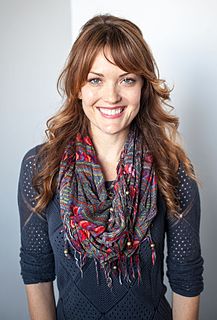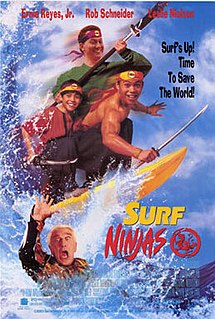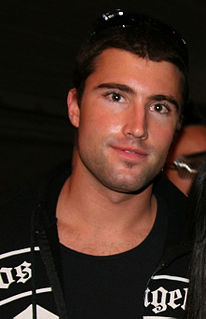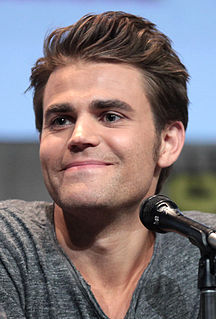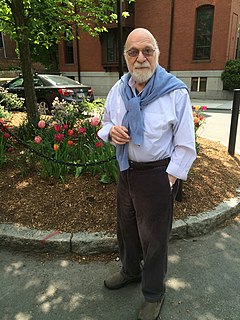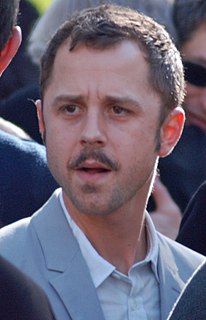A Quote by Nicolas Cage
I think I've spent more time in front of a camera than off camera. That's just the way it is.
Related Quotes
I ask my assistants if they're retarded all the time. When the camera is on you, of course, actors have the ability to make it real. For me, if I'm not talking, it is a problem. I have so much more respect for actors after being in front of the camera, and I realize that the hardest part is when you're not talking. Listening is harder than just acting. Listening is the hardest part.
Under examination by the camera, a human body becomes for its inhabitant a field of betrayal more than a ground of communication, and the camera's further power is manifested as it documents the individual's self-conscious efforts to control the body each time it is conscious of the camera's attention to it.


